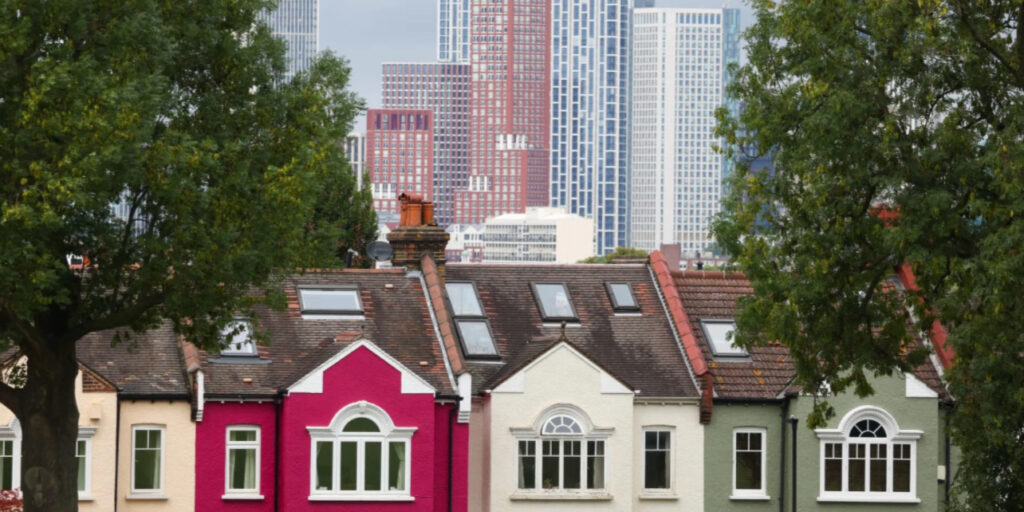Rental price growth in the UK is advancing at its most modest rate since 2023, official figures reveal, offering some respite to tenants who have been under financial strain.
The annual increase in rent inflation decelerated to 8.1% in the year to February, marking the lowest rise since September 2023, as reported by the Office for National Statistics on Wednesday. On a monthly basis, rents rose slightly by 0.4% to an average of £1,326.
Former Bank of England Governor Mark Carney highlighted the government’s strategy to bolster the domestic economy through a focus on Canadian procurement and enhancing cross-country trade, reducing vulnerability to external threats such as those from the former US President, Donald Trump.
Amidst this economic backdrop, employees at Hudson’s Bay Company (HBC) are facing uncertainty, with unresolved questions regarding the timeframe needed to liquidate inventory and the potential closure of the business.
This rental market slowdown comes as a relief to tenants who have experienced a nearly 30% hike in rental costs since the pre-pandemic era, exacerbating the financial burden from escalating energy and food prices.
The challenge of saving for a house deposit remains significant for those aspiring to own a home. In response, the Labour government has committed to constructing 1.5 million new homes over the next five years to address the underlying housing shortages.
“It’s heartening to see rent averages decline, providing much-needed relief for beleaguered tenants, although they remain substantially high,” commented Andrew Montlake, managing director at mortgage brokerage Coreco.
London continues to be the most expensive region in the UK for renters, with the capital experiencing a record 9.9% increase in rental prices over the past year, reaching £2,235 per month.
Concurrently, a separate ONS report indicated an improvement in housing affordability across the UK last year, propelled by high mortgage rates which suppressed house prices, while employees benefited from robust wage growth.
This improvement in affordability likely spurred housing demand at the onset of 2025, coinciding with a flurry of activity to complete property transactions before the forthcoming reduction in stamp duty thresholds at the end of March. UK house prices rose by 4.9% to £269,000 over the year to January, the largest increase in two years.
However, more recent data suggests a cooling in the housing market as the deadline approaches for homebuyers to benefit from the current tax rates.
Mortgage lender Halifax reported a drop in home values in February, and property analysts from the Royal Institution of Chartered Surveyors predict that London will experience the steepest decline in house prices in the coming three months.


